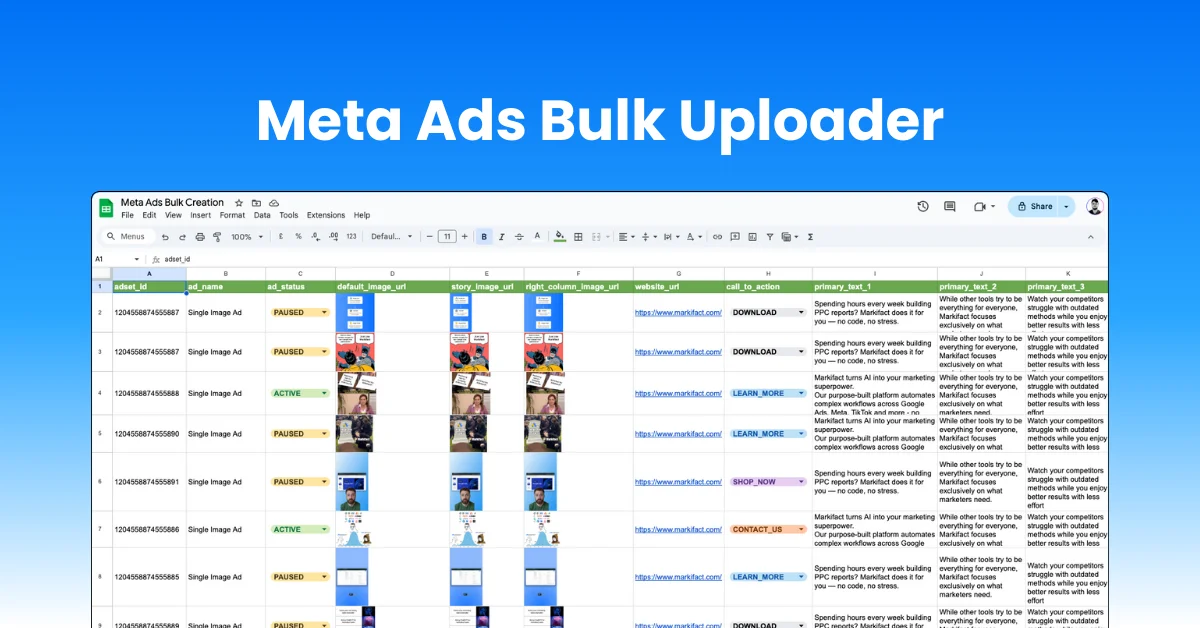The U.S. Department of Justice (DOJ) presented its argument in the U.S. vs. Google antitrust trial, accusing Google of manipulating ad auctions and inflating costs to increase revenue, thereby harming advertisers.
The DOJ defined Google's monopoly power as the ability to control prices or exclude competition. The DOJ presented quotes from Google employees discussing raising ad prices to increase the company's revenue. Dr. Adam Juda and Dr. Hal Varian confirmed that Google had the ability to change the ad auction design to achieve its desired outcome.
The DOJ also presented evidence of Google's harmful practices towards advertisers:
- Format pricing: Google launched "Project Momiji" in 2017, which artificially inflated the runner-up's bid, resulting in a 15% increase for the winning advertiser and more ad revenue for Google.
- Squashing: Google increased an advertiser's lifetime value based on their predicted click-through rate (pCTR). This resulted in the ad auction winner paying more than they should have, leading to a negative user experience as Google ranked ads sub-optimally for more revenue.
- RGSP (Randomized Generalized Second-Price): Introduced in 2019, it incentivized advertisers to bid higher, increasing Google's revenue by 10%.
The DOJ also argued that Google's lack of query visibility harms advertisers as it makes it nearly impossible for search marketers to identify poor-matching queries using negative keywords.












